Tysen Brodwolf
The below interview has been edited for brevity and clarity.
How did you get to where you are today? What was your training or education?
I’ve been in the transportation industry since I was 18 years old. I started working as a bus attendant part-time and later became a full-time school bus driver for Cajon Valley School District. I had been working toward an undergraduate degree in biology, but found that I loved my work so much, I wanted to focus my energy on it full-time. Shifting to full-time work made sense too, because to be a driver, you need a lot of credentials. Training includes 20 hours of classroom training and 20 hours behind the wheel before you take the California Highway Patrol written and wheel exams. You also need to pass the first aid test.
For five years, I worked as the special needs dispatcher for Grossmont Union High Schools, creating and managing the work schedules for 80 bus drivers and 45 routes to transport children safely to and from 11 public schools and more than 15 private schools.
In 2017, I became the transportation supervisor for La Mesa Spring Valley School District. My scope of work expanded to include training, supervising and evaluating the performances of more than 55 drivers, attendants and mechanics, while also supporting training efforts in collaboration with district’s human resources department and director of transportation.
And most recently, I have been working with Cajon Valley Unified School District (CVUSD) as the director of transportation, spearheading all aspects of the district’s pupil transportation program. This includes overseeing and coordinating maintenance and repair of buses and vehicles with mechanics in Los Angeles. I also oversee the annual traffic safety review with the City of El Cajon and CVUSD school sites, in addition to supervising the performance of 75 personnel.
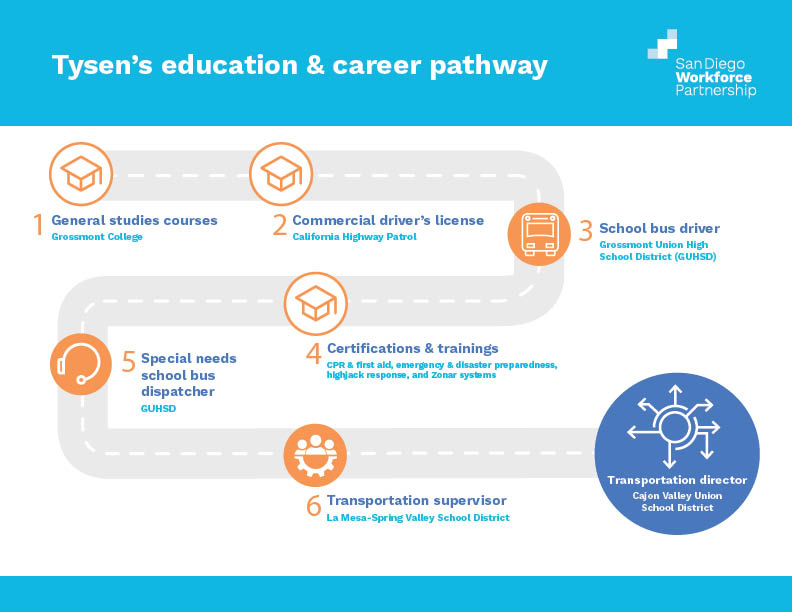
Describe your job. What does a typical week look like for you?
Much of my day-to-day work is focused on project management and implementation. For example, I’m working on a fuel management program along with implementing new transportation software to provide better, more efficient routes. We’re updating our GPS software on our school buses which will give family members and school sites more options to track students.
The biggest and most fun project I am working on right now is electrifying our school bus fleet. At present, we have some school buses that are electric but there are more to convert. We’ve partnered with SDG&E to run a pilot project to move energy from vehicles to the grid. Our goal is to get our school buses to store energy from the grid and then when the grid needs it, give that energy back to the grid. We hope to have 15 electric vehicles in our fleet soon. I believe that Cajon Valley is the only school district in the area that is as far along in the project as we are.
When I’m not working on the projects themselves, I’m often working on grant research. Grants require a lot of time and effort and involve collaborating with various stakeholders.
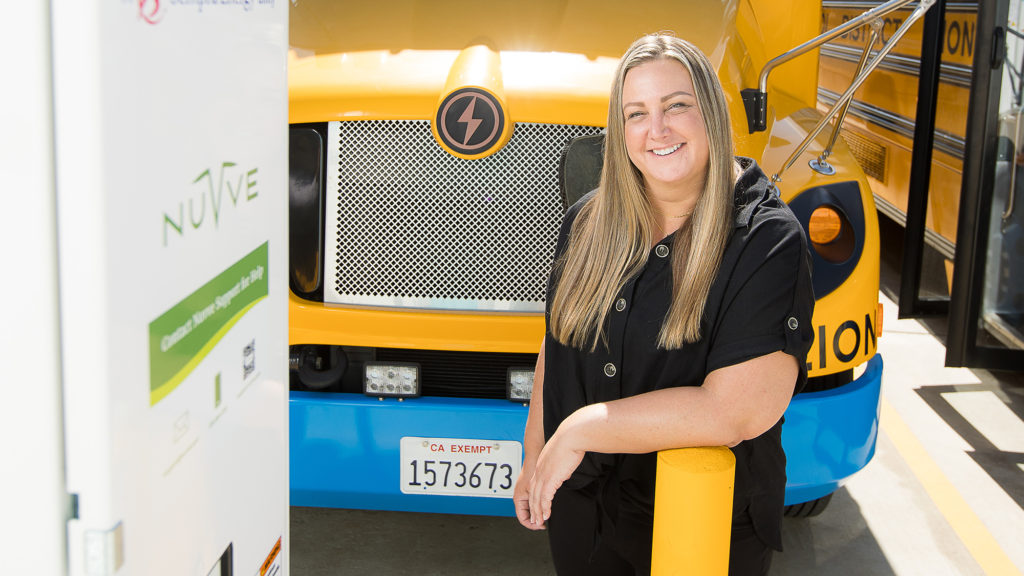
What is something you find challenging about your job?
One of the biggest challenges for me comes down to finding the balance between making sure my team, the students and their parents, are all taken care of, while also meeting project deadlines and attending meetings.
Since the start of the pandemic, new challenges to my job have appeared within the industry—both in relation to the number of licensed school bus drivers available and able to work, and to accessing equipment because of supply chain shortages related to COVID and other factors.
What do you love most about your job?
I love everything about my job, but especially the people I work with and the kids that I meet. It’s a very collaborative environment. Working as a team means that everyone gets to feel successful.
I am appreciative of all the professional growth opportunities in my line of work. We’re constantly learning about new technologies such as how to drive new equipment, how to implement new equipment, etc.
I also love the structure and the challenges of the job, such as ensuring that all our licenses are up to date. I love the everyday puzzles that my work presents; solving obstacles like how to cover this person with that bus driver over there, because that kid isn’t going, and making sure this kid arrives on time, and so on. The transportation department is solving puzzles all day long, and it makes me feel proud when we successfully do what we do every single day, even with the resource shortages that we have. I am proud to work for a district that is so employee-oriented and supportive.
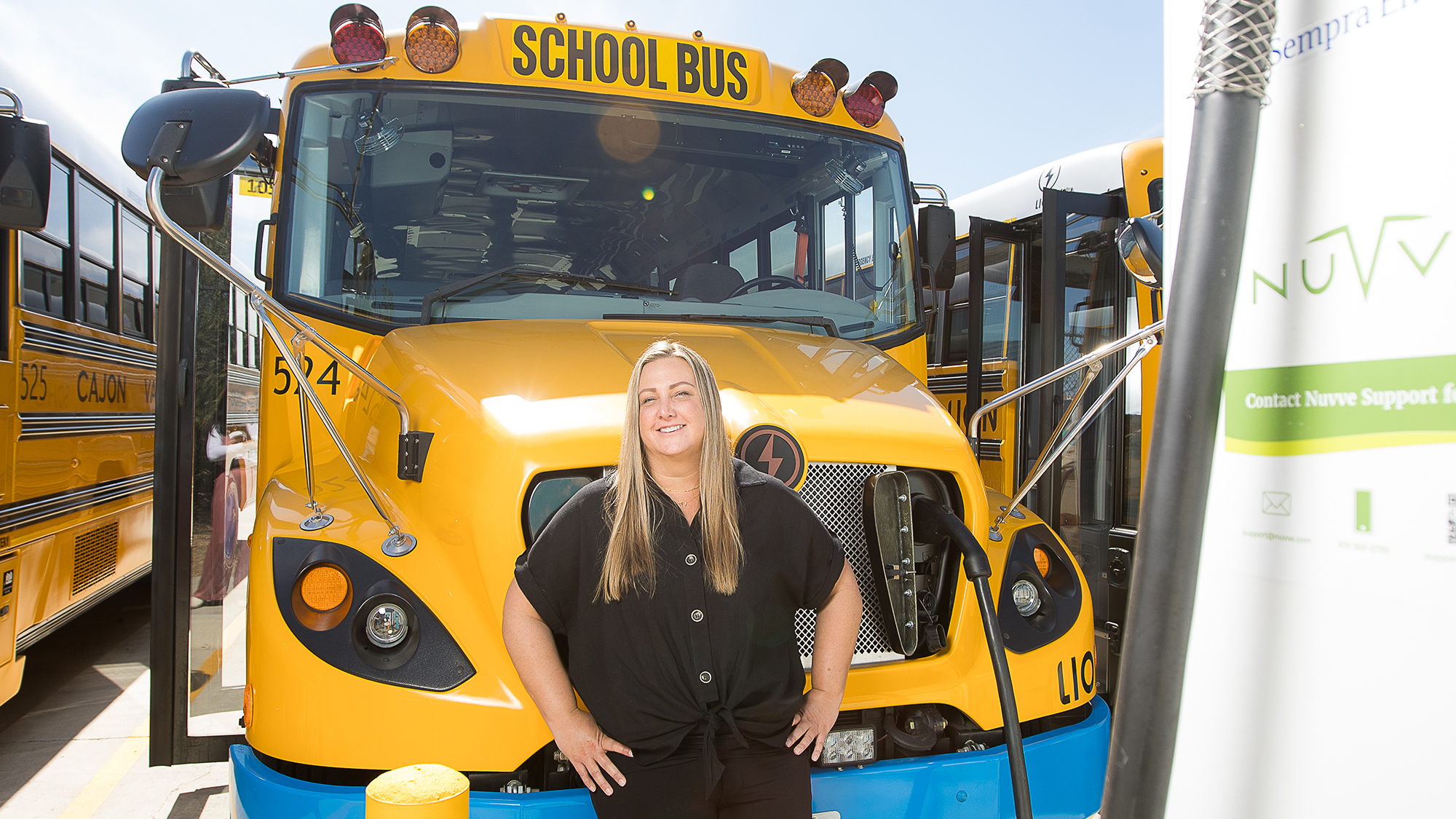
What advice do you have for others thinking about working in clean energy infrastructure planning and management?
If someone were interested in becoming a transportation director in renewable energies, I’d suggest first establishing a base knowledge about how an electrical vehicle operates, and even more importantly, learning the language around clean energy.
Transportation is an interesting industry with a lot of nuances to it. You need to know drivers’ credentials, vehicle qualifications and weights. It is important to keep up with the industry because it is constantly evolving. Be open to the fact that today’s energy transportation might look very different in years to come.
In truth, I never thought that I would end up a director of a school bus department. This position was never even on my radar until one of my mentors in the industry said, “Tysen, you need to apply for this job.” The main reason that this role wasn’t on my radar is because I don’t have a college degree. Many businesses value education over experience, so without an advanced degree, you are often not even eligible to apply for a job. However, it doesn’t have to be a deterrent. With grit and determination, I dug my heels in and continued to grow and learn in my work. Those experiences have brought me to my position today. A supportive employer makes all the difference as well. When looking for an employer, find a place where people help you fall upwards. Be the person that contributes to that mentality: let people fail and learn.
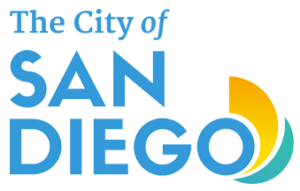 |
 |
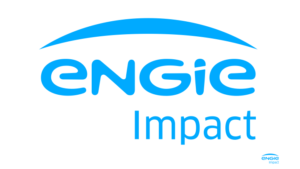 |
 |

